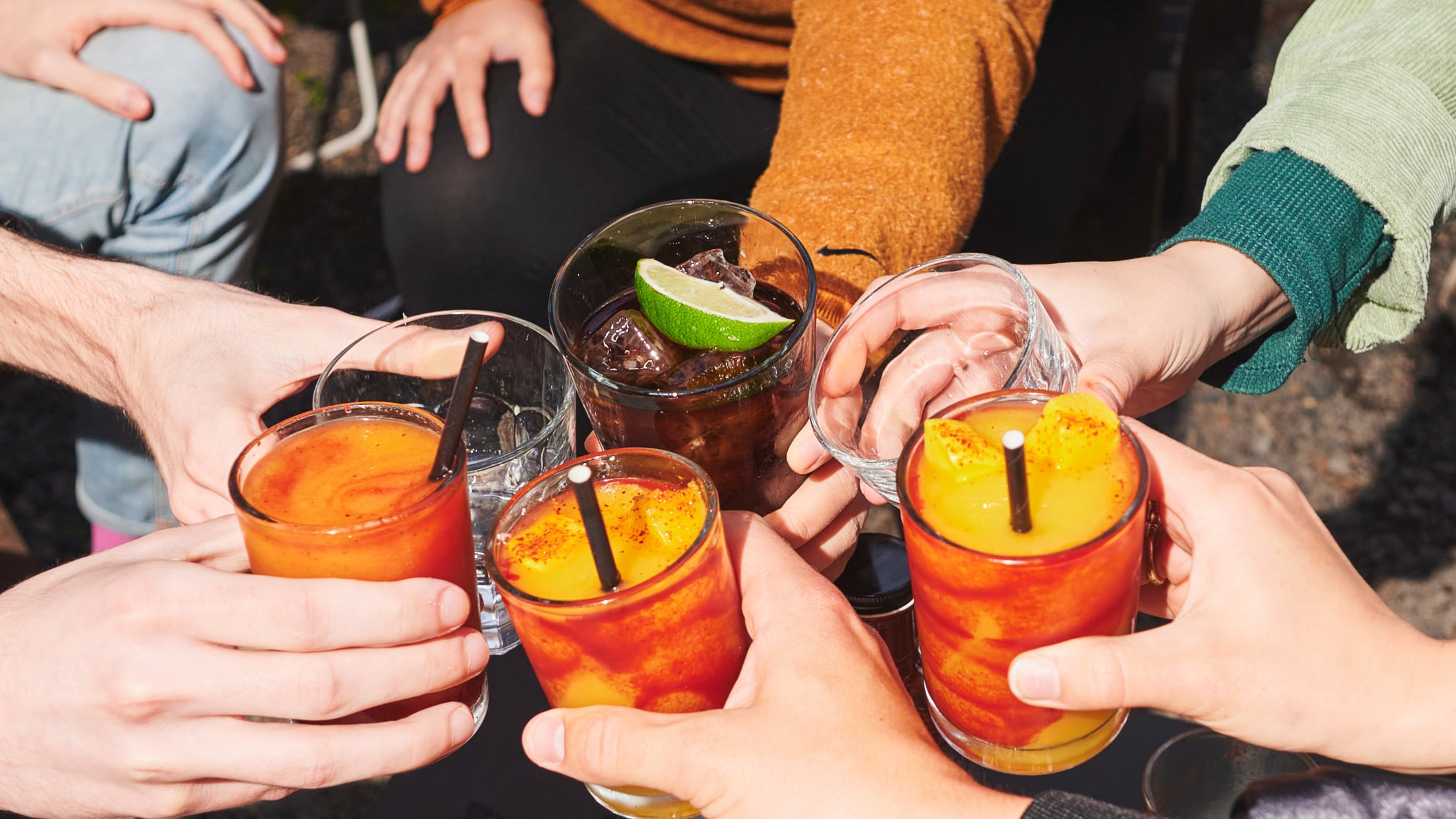In 31 states, you can walk into a grocery store and buy a cocktail in a can. Not here.
In comments submitted Sept. 27 to a legislative task force on alcohol pricing and addiction services, the Northwest Grocery Retail Association said lawmakers should bring Oregon in line with a majority of states.
“Oregon is leaving money on the table and the OLCC should immediately be charged by this task force to provide estimates for the potential tax revenue from bringing low-proof spirit beverages to the private grocery retail market,” Amanda Dalton, the president of the grocers’ group, wrote to the task force.
The 16-member panel, created by House Bill 3610 in 2023, examined the state’s taxes on wine and beer, which are some of the lowest in the nation. It did not arrive at a proposal for new taxes, although a key member of the panel, state Rep. Tawna Sanchez (D-Portland), co-chair of the budget-writing Joint Ways and Means Committee, later told WW she plans to propose a sales tax on alcohol to pay for treatment services for people under 21.
Related: Rep. Tawna Sanchez Outlines Proposal For New Alcohol Sales Tax
In Oregon, post-prohibition liquor laws strictly limit the retail sale of distilled spirits to state liquor stores.
That bright line creates some puzzling situations. For instance, grocery stores can sell other blended alcoholic drinks, such wine coolers and hard seltzer. They also sell wine, port, sherry and some aperitifs, which contain as much or more alcohol by volume as many canned cocktails, which the industry likes to call RTDs (ready-to-drink).
Here’s how the Oregon Liquor & Cannabis Commission explained its regulatory approach based on current Oregon law:
“If the RTD has distilled liquor in it, then it’s a distilled liquor product, regardless of ABV. It must be approved for sale by the OLCC and can be sold only in retail liquor stores or by an Oregon distillery or licensee that is an OLCC-approved Distillery Retail Outlet Agent. Some RTDs are not made with distilled liquor. An RTD that has an ABV, but the alcoholic beverage is not distilled liquor may be sold at retail just like any other malt beverage, wine, or cider. This could confuse to consumers because some products found on a grocery store shelf look exactly like a distilled liquor RTD, but a closer examination of the ingredients show that it’s made with wine or malt beverages.”
In 2021, lawmakers introduced a bill at the request of the grocers that would have allowed the state’s 400 grocers to sell canned cocktails. They offered a few reasons why that would be a good idea: State liquor stores, which tend to be small and crowded, don’t have enough space to stock many new products; in terms of alcohol content, they are no different from products grocers already sell; and, people really want them. (Canned cocktails are growing fast as a segment of alcohol consumption. The Distilled Spirits Council says sales increased 26% last year, reaching $2.8 billion nationally.)
When lawmakers considered canned cocktails in 2021 under House Bill 3194, the state’s oldest and largest producer of hard liquor, Hood River Distillers, took a hard line in opposition in legislative testimony.
Allowing canned cocktails in grocery stores, HRD testified then, would be a slippery slope.
“[It] blurs the line between types of alcoholic beverages and the way they are taxed, distributed, and regulated. Of utmost concern to HRD, HB 3194 strengthens the argument for privatization in Oregon. Our success in Oregon has been largely attributable to Oregon’s control state system,” the company’s lobbyist, Hasina Wittenberg, testified. “When Washington state voters approved privatization the effects on HRD were immediate and dramatic. As a result, we strongly oppose legislation that threaten Oregon’s current system.”
That opposition has not changed. Another major player—the Oregon Beer and Wine Distributors Association—who could see canned cocktails competing for their grocery store shelf space and for their customers, are more open to the grocers’ position.
“If the grocers’ comments are that the state could get creative in looking for other sources of revenue from alcohol generally, then I agree that the privatization of ready-to-drink cocktails (and the revenue that would generate for state programs) is a ripe area for discussion,” says Danelle Romain, the association’s executive director. “There are many policy choices in the RTD conversation, but it is a conversation worth having.”

